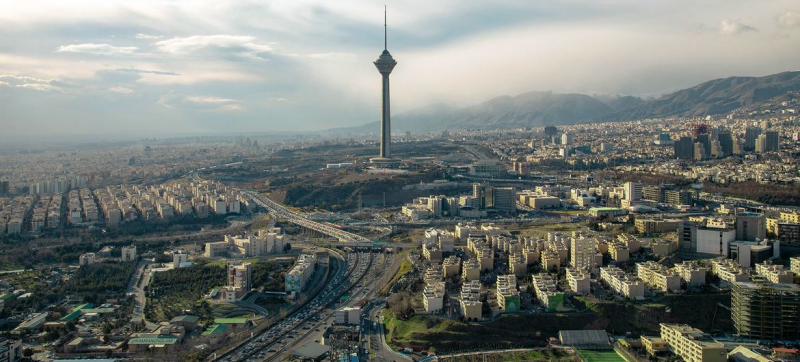- CA urges united efforts to stop food contamination voicing concern |
- Tarique obliquely slams Jamaat for ‘propaganda’ against BNP echoing AL |
- Medical team hopeful about Khaleda’s recovery in Bangladesh |
- Beanibazar green cover shrinks, migratory birds disappear |
- অতিথি পাখির বিচরণ আর দুষ্টুমিতে নান্দনিক হয়ে উঠেছে কুয়াকাটার চর বিজয় |
UN Probes Iran Crackdown, Alarms Over Spike in Executions

The Independent UN Fact-Finding Mission investigating alleged human rights abuses in Iran has reported a “surge in repression and an extraordinary spike in executions” following Israeli airstrikes on the country in June.
Briefing at UN Headquarters in New York — the first time the mission has presented findings to the General Assembly — chairperson Sara Hossain said that conditions in Iran had sharply deteriorated since the attacks, which reportedly killed more than 1,000 people.
According to Iranian government figures, 276 civilians, including 38 children and 102 women, were among the dead, while more than 5,600 people were injured. Civilian infrastructure such as hospitals and schools also suffered damage.
The government further reported that the notorious Evin Prison in Tehran was hit without warning. Around 80 people — including prisoners, visiting family members, staff, and at least one child — were killed. The prison housed some 1,500 inmates, many of them human rights defenders and activists.
Ms. Hossain also voiced alarm at Iran’s retaliatory missile strikes on Israel, which authorities said left 31 people dead and more than 3,300 injured.
‘Systemic Attack Against a Civilian Population’
The aftermath of the strikes, she said, triggered a domestic crackdown that has further eroded respect for the right to life.
The Human Rights Council-appointed investigators documented the arrest of thousands, including lawyers, journalists, and human rights defenders, as well as individuals expressing views on the conflict via social media.
Iran has now recorded its highest number of executions since 2015. Many of the death penalty cases reviewed by the mission appear to violate international human rights law, with new legislation expanding capital punishment for “espionage” and criminalising social media posts deemed “false information.”
“If executions form part of a widespread and systematic attack against a civilian population, those responsible — including judges imposing capital punishment — may be held accountable for crimes against humanity,” said rights expert Max du Plessis.
The crackdown has also targeted ethnic and religious minorities, with over 330 Kurds and large numbers of Arabs arrested, and hundreds of thousands of Afghans deported. Members of the Baha’i community were accused of being “Zionist spies,” with many detained and their properties confiscated.
Impunity for ‘Honour Killings’
The mission also reported an alarming number of femicide cases — at least 60 between March and September 2025 — often taking place with impunity. Businesses serving women who refuse to comply with mandatory hijab laws have been closed, while surveillance has intensified, and the “morality police” have reportedly returned to patrol the streets.
The mission documented increasing transnational repression, including interrogation, threats, and surveillance of families of Iranian journalists abroad. More than 45 media workers in seven countries have faced credible threats.
“The acts of denying justice are not neutral,” Ms. Hossain said. “Failure to address injustice prolongs victims’ suffering and undermines the State’s obligation to ensure accountability, truth, and reparations.”
‘Rights to Life and Liberty Under Unprecedented Threat’
In her report to the General Assembly, Mai Sato, the independent human rights expert on Iran, condemned the Israeli and US airstrikes as unlawful uses of force that violated the UN Charter. She warned that the end of hostilities had brought no relief to the Iranian people.
“External aggression has fuelled deeper internal repression,” she said. “The Iranian people’s rights to life and liberty are under unprecedented threat.”
Ms. Sato described the rise in executions as a deliberate policy of fear and retribution, noting that many were carried out after unfair trials or vague national security charges.
The Special Rapporteur — who is not a UN staff member and receives no salary for her work — also highlighted a growing pattern of transnational repression, urging UN Member States to support at-risk Iranian civil society actors and coordinate global efforts to counter such threats.

